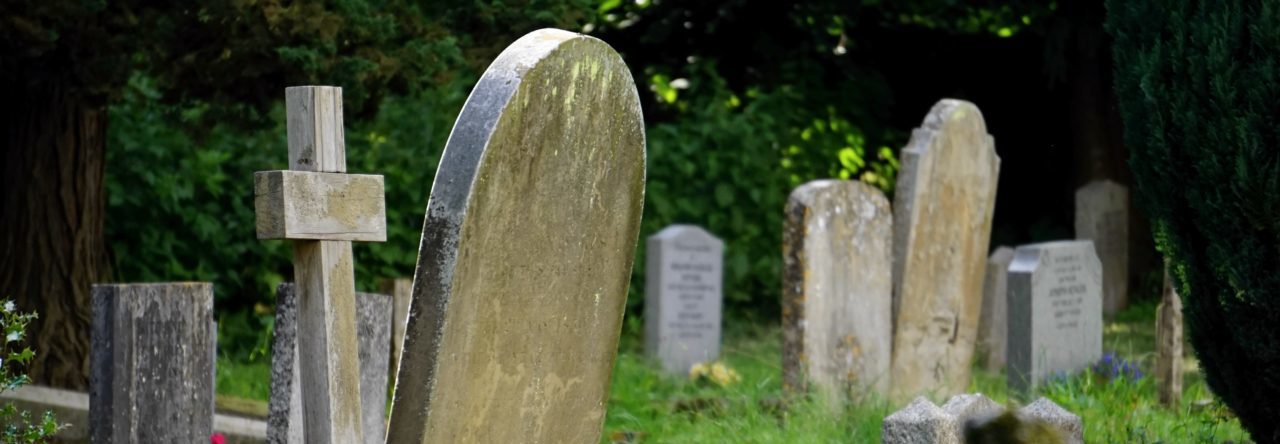Though a reserved man, Bulwer-Lytton led a diverse and significant life. He set fashion trends, served as a Member of Parliament, was offered the lordship of the British admiralty, and even turned down the Greek throne. During his lifetime, however, and even today, he is best remembered as an author.
At its height, Edward Bulwer-Lytton popularity among readers rivaled that of Charles Dickens. And the variety of his writing certainly exceeded that of his friend. Justin McCarthy, the Irish author and politician, wrote that “[i]n one peculiarity, at least, Bulwer-Lytton the novelist surpassed all his rivals and contemporaries. His range was so wide as to take in all circles and classes of English readers. He wrote fashionable novels, historical novels, political novels, metaphysical novels, psychological novels, moral-purpose novels, immoral purpose novels. . . . One might divide his novels into at least half a dozen classes, each class quite distinct and different from all the rest, and yet the one author, the one Bulwer-Lytton, showing and shining through them all.”
His works were products of his vast and varied experience. According to his relative Victor Alexander George Robert Bulwer-Lytton,“one might almost say that he emptied his mind into his books as fast as he filled it. A careful reader of all his writings would probably be able to find amongst them some expression of nearly every idea which his mind received.”
One of his favorite subjects, happily for lovers of gothic tales, was the supernatural. According to Harvard history professor Robert Lee Wolff, “Bulwer’s active studies of the occult began in the early 1830s, and became increasingly important to him as the years went by. Astrology, alchemy, mesmerism, clairvoyance, hypnotism, spiritualism, and magic: he investigated them all at first hand, and wrote about them all.” His careful exploration of these subjects led to doubt about their veracity and usefulness. Nevertheless, his enthusiasm for the subject, as well as his good humor, shone through in a brief note he sent to Lord Walpole in 1853. “I have been pursuing science into strange mysteries since we parted, and gone far into a spiritual world, which suffices to destroy all existing metaphysics and to startle the strongest reason. Of this when we meet, O poor materialist!”
In his well-known supernatural tale, “The Haunted and the Haunters”, Bulwer-Lytton’s daring narrator sets out to discover the secrets of a haunted house. He proceeds based on the assumption “that the supernatural is the impossible, and that what is called supernatural is only a something in the laws of Nature of which we have been hitherto ignorant. . . . [A]nd indeed in all the wonders which the amateurs of mystery . . . record as facts, a material living agency is always required.” And so, though he expects to encounter strange phenomena, he also believes that there will necessarily be some human agent behind it. The question is whether such beliefs will steel the narrator’s nerves against the horrors he will surely encounter in the house? And will those horrors actually be traceable to an explanation, no matter how strange, that is rooted in the natural world?
The bloggers at Tor.com have written interesting and lighthearted commentary about “The Haunted and the Haunters.” For general information about the author’s life, check out Brigham Young University’s short biography.

Leave a Reply